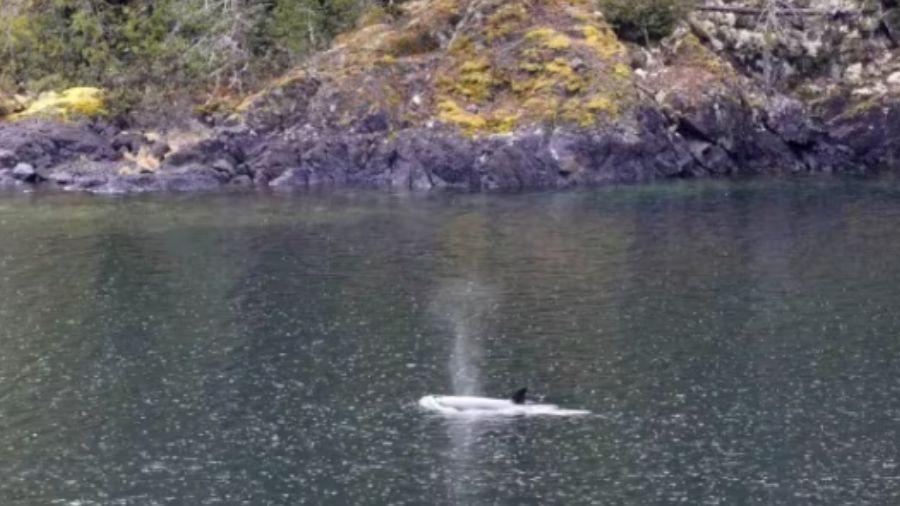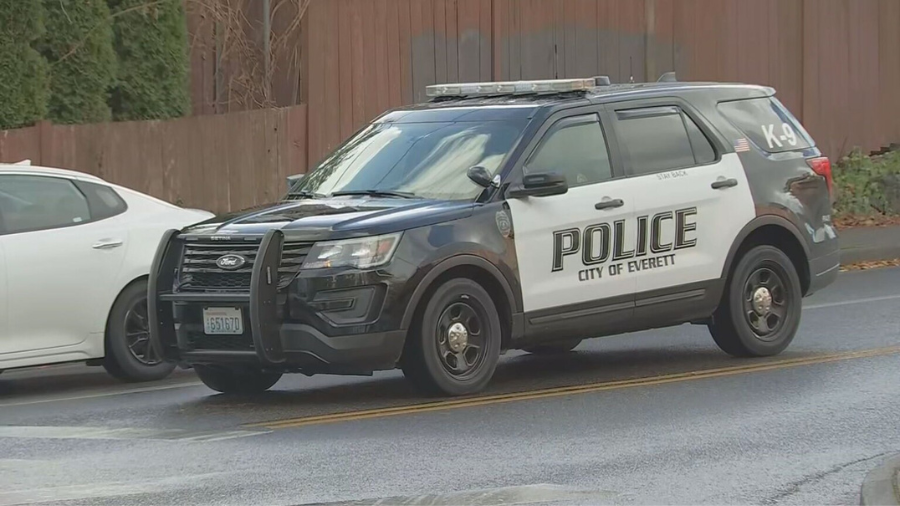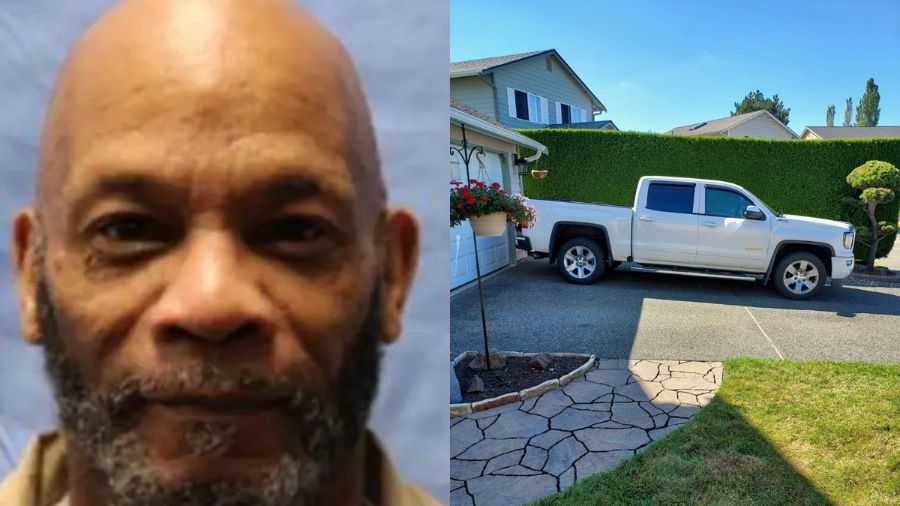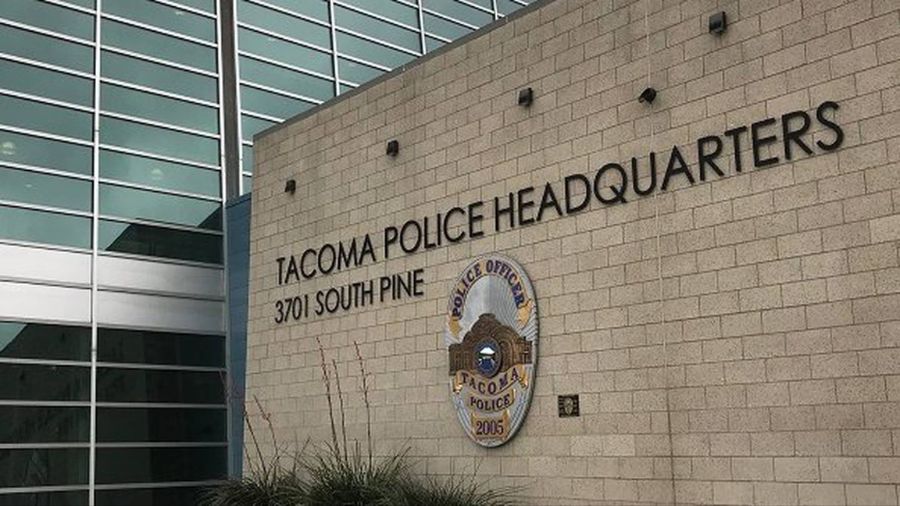Firefighter groups tackling the tough issue of suicide
Sep 10, 2019, 9:38 AM | Updated: 11:17 am

(Ringo H.W. Chiu/Associated Press)
(Ringo H.W. Chiu/Associated Press)
For a wildland firefighter, the dangers of the job can linger long after the flames go out. Some will go into the upcoming off-season feeling anxious without their crew and the adrenaline rush of chasing down forest fires.
State and federal agencies have noticed this anxiety in recent years. They say that mindset has become a life-threatening situation as more and more firefighters die by suicide.
Olympia firefighter battles cancer with father’s words
When George Gissler started his career fighting wildfires in the mid 1980s, crew members seldom discussed mental health. Gissler, now the Washington State Forester, said that during his time on the fireline crews were considered a “tool to get the job done.”
“In wildland firefighting, that is especially prevalent,” Gissler said. “We’re very much a can-do type of an organization. But that did sweep a lot of stuff under the table.”
Gissler wants to change the culture. As state forester, he oversees Washington’s largest on-call fire squad within the Department of Natural Resources. It’s made up of the men and women who fight flames in the woods and brush instead of buildings. It’s physically and mentally exhausting work as crew members often spend 16 or more hours in a day battling fire in rugged terrain while spending weeks, if not months, away from the comfort of their family and friends.
“I do know folks who struggle with it greatly. I have lost very dear friends who have succumbed to that depression,” said Gissler.
There are no solid statistics on wildland firefighter suicides because federal agencies don’t track deaths that happen off the job. But it’s become a major concern among the highest ranks of the country’s wildland firefighting community.
“It seems like that in the past couple of years there’s been more that I’ve known then when I first started, unfortunately,” said Shawna Legarza, National Director of Fire and Aviation Management for the US Forest Service.
She said reasons for the rise in suicides are unclear, though some speculate longer and tougher wildfire seasons may be affecting firefighters’ well-being.
“A lot of time, the firefighters that I’ve known, they don’t want to admit they’re feeling a certain way or feel like they need to ask for help,” Legarza said.
That’s what happened to Legarza’s husband, Mark Mullinex. They met in 2001 at Ground Zero as part of the first team of wildland firefighters to help with 9/11 recovery efforts. It was one of the many tragedies that weighed on his mental health, according to Legarza. Mullinex took his own life seven years later at the age of 48. He never sought professional help.
“Now, we’re really working on our firefighting culture to be able to give tools that are not just how to dig lines and spray water,” Legarza said. “Give them emotional intelligence and social science tools at a younger age to be able to be prepared for their life in wildland firefighting.”
Legarza, who earned a PhD in psychology after her husband’s suicide, said things can get especially tough when the season ends. Firefighters lose camaraderie, a paycheck, and for some, a sense of purpose. Gabe Baez knows that feeling.
“It’s a degree of anxiety, for everybody it’s going to be different” said Baez, a safety officer with Washington DNR. “Have I ever felt depressed? Yes, I have.”
Baez started as a structure firefighter in Lacey nearly 30 years ago. He said mental health is a well-known factor in suicides among the year-round firefighters who battle flames in buildings and homes. The Firefighter Behavioral-Health Alliance says the firefighters are more likely to die by suicide than in the line of duty, while a 2015 survey on suicide risk in firefighters found more than half contemplated taking their own lives.
Wildland firefighters face many of the same mental health challenges, though there are some stark differences. Structure crews usually have year-round work, steady health insurance, and trauma training. Wildland crews typically work for a few months and lack consistent health care. If they get down mentally, they’re not simply able to step away and seek therapy. They build tight bonds with their team before they’re suddenly split up for the off-season.
For the last few years, DNR has been working to address the situation by giving its firefighters preparedness guides that focus on mental health. The department is actively developing a peer support program and takes part in training sessions to learn about stress management.
“What are the flags and what are the signs and how can we notice those things before it’s too late or diffuse the mentality of depression and possible suicide or addiction to alcohol and drugs on the off-season,” Baez said.
A critical step, according to wildfire agencies, is breaking down the stigma of being the tough, pull-yourself-up-by-your-bootstraps firefighters and realizing it’s OK to ask for help. That’s something the Wildland Firefighter Foundation preaches. The Idaho-based support group offers professional guidance to help struggling firefighters get the help they need.
“There’s a big relief for those people that have been harboring it for a long time and realizing that you’re not weak in any way,” said Mark von Tillow, the foundation’s outreach director. “You just need to be right in your mind, body, and spirit to do this job.”
September is National Suicide Prevention Month. If you or someone you know may be considering suicide, contact the National Suicide Prevention Lifeline at 1-800-273-8255 (En Español: 1-888-628-9454; deaf and hard of hearing: 1-800-799-4889) or the Crisis Text Line by texting HOME to 741741.













